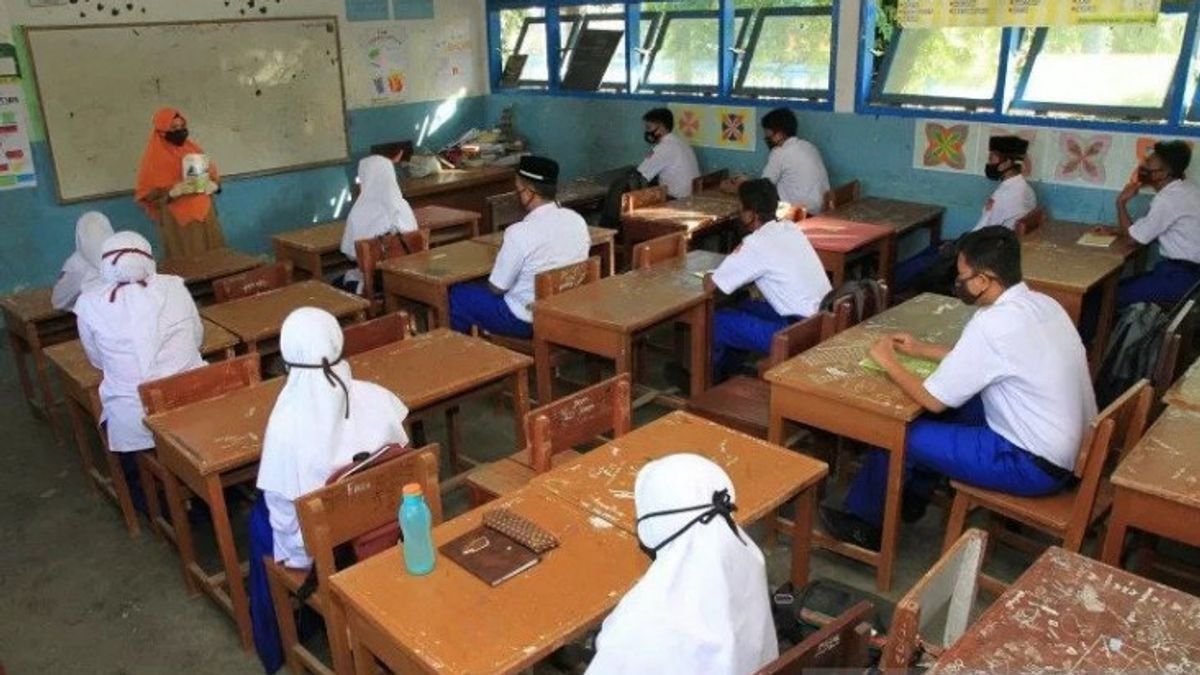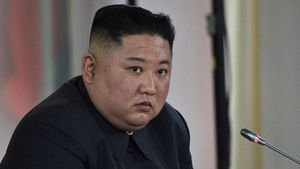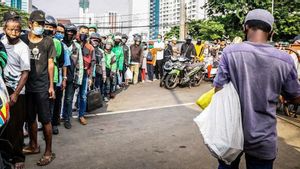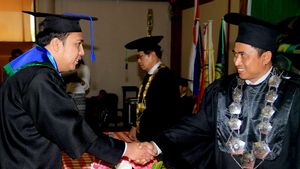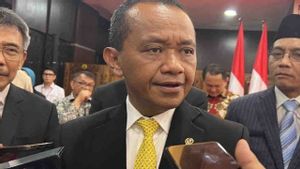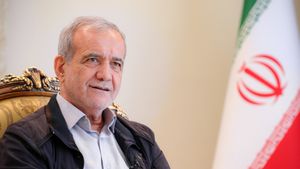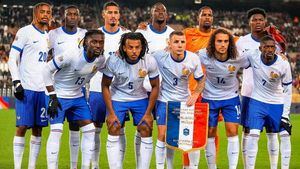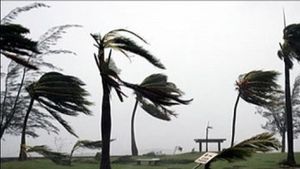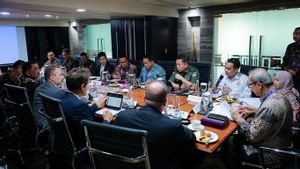JAKARTA - The news of the postponement of Face-to-Face Learning (PTM) trials in several schools due to the increasing number of COVID-19 cases is in the spotlight. Not a few people are worried about the spread of school clusters. In fact, schools are places that should be closed last when the pandemic worsens and the first to open when the pandemic subsides. So how big is the risk of running face-to-face learning in the midst of the worsening of the corona case?
A number of schools that had planned to hold face-to-face schools were canceled due to the increasing number of COVID-19 cases. In Jakarta, according to reports, there are four schools that have postponed the implementation of the PTM trial. The four schools are SMAN Unggulan MH Thamrin, SDN 08 Kenari, Madrasah Ibtidaiyah RPI, and Jakarta Islamic School (JIS) Kelapa Dua Wetan.
The school has its own reasons for delaying PTM. MH Thamrin, for example, postponed it because COVID-19 cases were still high in the area. Meanwhile, Madrasah Ibtidaiyah because it has not received permission from the parents of students.
According to the DKI Jakarta Education Office, as many as 226 schools implement PTM. This number consists of elementary to middle school levels.
Physical school polemic
The polemic of face-to-face learning is in the public spotlight. One of them came from the Doctor and Singer Tompi. Through his Twitter account, Tompi said the face-to-face school test was still ridiculous.
According to him, face-to-face school trials need to implement super strict health protocols. If people are not ready to change their habits, said Tompi, don't do face-to-face school trials first.
"There needs to be a super strict protocol, not a trial as if there is no covid. If people are not ready to change their habits, don't try it first," Tompi wrote.
Before news of the increasing number of COVID-19 cases surfaced, information about the circulation of a new variant of the coronavirus was crowded in public spaces. It's called the Delta Variant. This variant is thought to have originated from India.
As explained by the Head of the Covid-19 Task Force, the Executive Board of the Indonesian Doctors Association (PB IDI), Zubairi Djoerban via his Twitter account, this new variant of the coronavirus infects more children. In addition, the characteristics of this new variant are that it spreads more quickly and its symptoms are similar to the common cold. There is evidence that the symptoms of this variant are different from those of the old COVID-19, such as fever, cough, and loss of smell.
Meanwhile, the symptoms of the delta variant according to Zubairi are more headaches, throats, and runny noses. "It's like having the severe flu," he said.
Zubairi explained that this variant is mostly found in Jakarta and Central Java. At least according to him as of June 16, there have been 104 cases. This variant is said to be more contagious because it has mutations that help it spread while partially evading the immune system.
The Delta Variant puzzle from India or B1617.2 continues to be discussed. Starting from symptoms similar to the common cold, more contagious, to infecting more children. The big question: do the existing vaccines protect us from the Delta Variant? Here's my explanation:
— Zubairi Djoerban (@ProfesorZubairi) June 16, 2021
Small spread potential
As quoted by Worldometer, cases of the COVID-19 pandemic as of June 15 reached 8,161 daily cases. This number is much higher than last Tuesday's which reached 6,294.
The increasing number of COVID-19 cases has made many people worry about the emergence of school clusters. The Deputy Chair of the DPR for the Korkesra Sector, Abdul Muhaimin Iskandar (Gus AMI), for example, reminded the importance of preparing health protocols (prokes) in schools ahead of the planned start of face-to-face learning (PTM) in July 2021. "Don't let schools become a new cluster of transmission of Covid-19 cases," said Gus AMI in a written statement.
So how severe is the potential for the spread of COVID-19 in schools? Griffith University epidemiologist Dicky Budiman has the answer.
At first, Dicky explained to VOI that Indonesia had difficulties in tracking clusters. The reason is because there are too many unfinished clusters.
"It's been difficult to track clusters that have become tangled. That's why Indonesia has been included in the community transmission level for more than a year. That means the country can't detect the majority of clusters," said Dicky.
For this reason, Dicky said, we should not be careless when referring to certain COVID-19 clusters. "That's why you have to be careful when deciding, oh, this is a school cluster, a tourism cluster. What's the basis? It's not just because of the similarity of place and time. Because it's really difficult unless it's done by a trained epidemiologist."
Even so, Dicky did not deny that the school cluster might exist. "But 0.03 percent is very small in the study. The potential for cases is very small."

The urgency of opening a school
Epidemiologist Dicky Budiman said that opening a school was a top priority. According to him, schools have a unique function in a pandemic. In fact, according to him, schools may be closed when an area has been declared a lockdown.
"If in an area there is no lockdown, schools must be opened with safety. So it is a big mistake if there is an understanding that schools must be closed to maintain it is a big mistake. Because school problems are not only health problems, there are generation problems, the future of a nation. This must be considered by all regions," explained Dicky.
Meanwhile, Education Observer Doni Koesoma agrees that face-to-face learning in schools is the main thing. Because it is an important part of the educational process that cannot be replaced by online learning. "So, face-to-face learning must be seen as the main means of education," Doni told VOI.
On the other hand, Doni said that online learning is not the nature of education. "Learning in an encounter is actually education. But in certain circumstances, online learning can be useful in certain situations, such as during the COVID-19 pandemic situation.
Doni said that the long-term impact of online learning can affect children's psychosocial well-being. "Children do not know the school, the teacher and their friends. In fact, the encounter is an authentic educational process."
However, Doni still reminded that if an area experienced a severe pandemic, then it did not need to be forced. "The point is that the red and orange zones don't force schools to open."
Similarly, Epidemiologist Dicky Budiman also said that face-to-face learning requires careful preparation. There are at least three types of indicators that must be met: health, education, and social.
"Schools must also have companions, in this case, it can be public health centers, clinics, and others. Because this pandemic is a dynamic situation, it must continue to be evaluated and monitored periodically, and continue to be combined with other aspects, mental health, education, social as well," he concluded.
*Read information about EDUCATION or other interesting articles from Ramdan Febrian.
Other SOLID News
SEE ALSO:
The English, Chinese, Japanese, Arabic, and French versions are automatically generated by the AI. So there may still be inaccuracies in translating, please always see Indonesian as our main language. (system supported by DigitalSiber.id)
